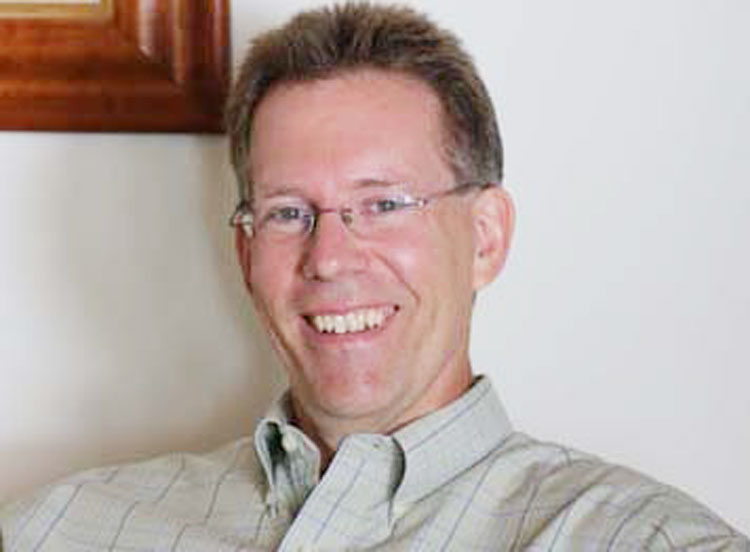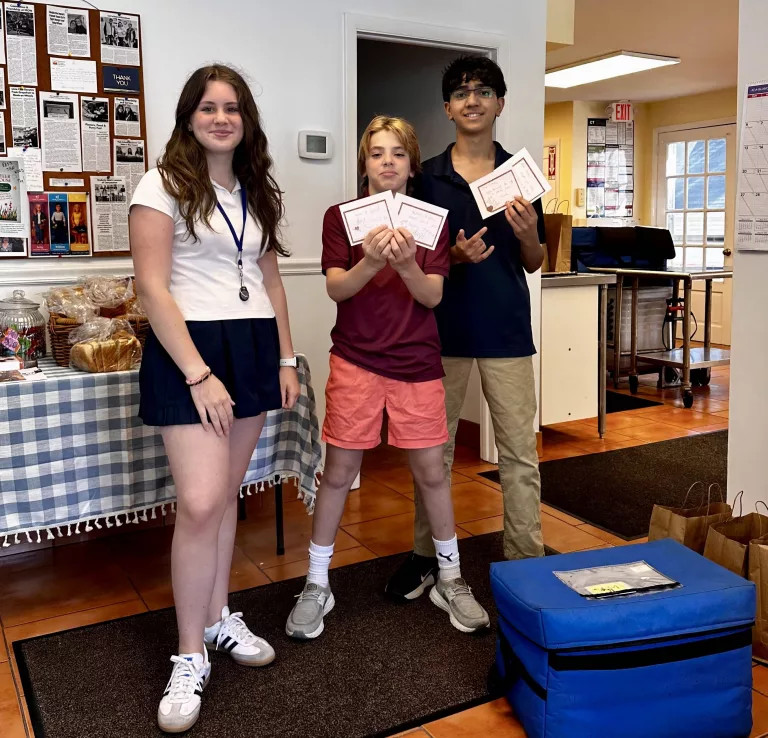
By Ed Horstmann
“Life comes at you fast.” The Nationwide Insurance company used that line as the theme for a series of commercials that emphasized the importance of good planning for the future. The message is well worn but never worn out: since the circumstances of life can change quickly, with the future somehow always rushing to greet us, the best time to build a buffer against the unexpected is right now.
“Life comes at you fast.” Although the recent Christmas holidays may seem a distant memory, the brilliance of Charles Dickens’ story, A Christmas Carol, is that he managed to show Christmas as both a cherished holiday and the experience of God bursting into the lives of unsuspecting people. As we follow the story of Scrooge we glimpse people caroling in the streets of London, collecting for those in need, and preparing for Christmas dinner. But although a Dickens Christmas may have included a turkey on the table, it also showed us a sweaty and haunting night for Scrooge. Yet the end, we are asked to keep the spirit of Christmas in our hearts all year long.
Dickens showed us Christmas as an experience of new life, taking shape in a stingy man with too much worldly care. God came at him fast. In these early days of a new year I imagine how those first impacted by the birth of Jesus had to navigate their future when life came at them fast. Each character in the drama of the first Christmas could have used those words as a title to their memoirs. Mary received the news that she was about to become pregnant with a child whose life’s purpose was to be nothing less than divine. While she ultimately said Yes to this unsolicited plan for her life, I’ll bet her first instinct was to look for the exits.
When Joseph discovered that Mary was pregnant (by another father, aka the Holy Spirit), he wanted out of the relationship. But an angel invaded his dream and told him to stay with the story because he had a crucial role to play in it. He chose not to bolt, but the surge of events must have made his head swim.
Because modern celebrations of Christmas are so much about keeping cherished traditions, and preparing for parties and gatherings that spice up the season, and developing just the right message and music for Christmas Eve services, we can overlook the spirit of surprise that was the heart of the first Christmas. At the heart of that story is the message that God comes at us fast. In the lives of Mary and Joseph and the shepherds and the Magi, God was not an insurance policy. God was the instigator of plans that threw their lives into disarray.
For Mary and Joseph, the life of God came at them fast: but they chose to lean into that breathtaking wave of grace, rolled with it, and eventually anchored themselves sufficiently to become a sanctuary for a baby born to fill the world with hope. That peculiar grace of God is still alive and at large in the world, looking for room to work its creative power, enlisting accomplices who are willing to accept his fast paced surprises all year long. Our beloved Christmas traditions are at their best when they point to the restless ache of God to have a home in our lives all year long, and to infuse our lives with a peace so heart achingly sweet that we can not help but share it.
A cherished Christmas tradition can be a way for God to open our eyes, touch our hearts, and breathe into us the energy of love. But Christmas is also the good news that God will sneak or break into the drama of history, with or without our consent, to bring possibilities of compassion and fresh faith precisely where they seem least likely to sprout. As God found a way to sneak love into the world through a peasant baby, born on the fringes of the Roman Empire, God will find a way to bring mercy and peace and tenderness even and especially where we have established bulwarks of exclusion and hostility and brutality.
In that sense, Christmas is always underway, a dream of a world at peace with itself, where abundance for all means scarcity for none. God is always finding a way to comfort us and unsettle us, mobilizing a movement to heal the whole creation. To do so, God may come at us fast. Thanks be to God.
The Rev. Dr. Edward Horstmann is Senior Pastor at Round Hill Community Church





